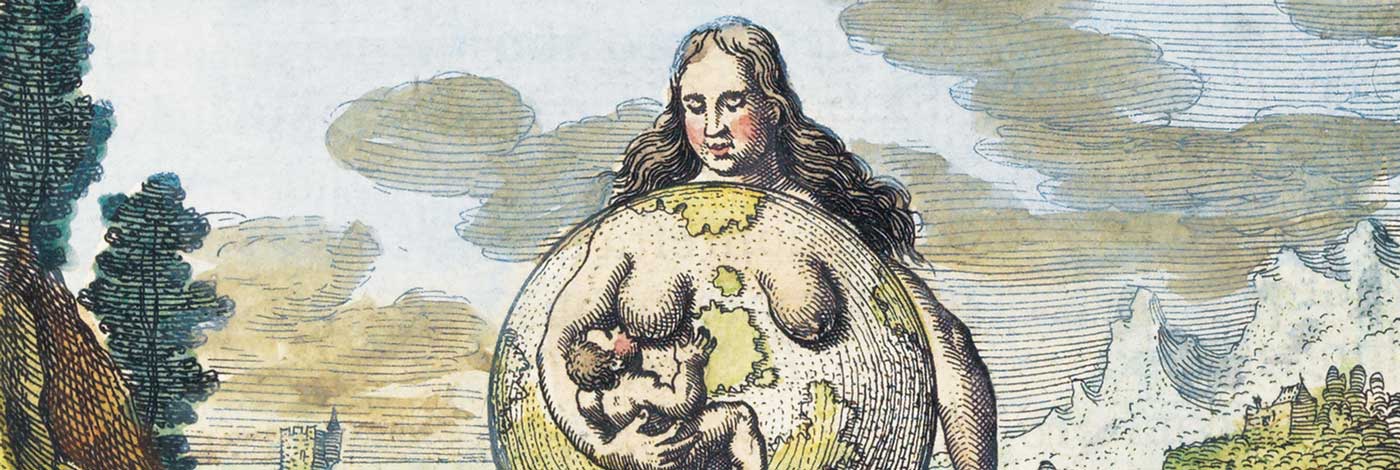This paper analyses the relationships between tale and moral in Æsopic fables and leads to a reinterpretation of the semiology of the fable. The moral of the fable is usually considered as the key of the diegetic part of the fable which is thus reduced to a mere methaphorical argument. The moral is shown to be an optional and often late complement of the animal tales, and thus cannot be a structuring part of the fable. As a result, the diegetic part of the fable may bring, by itself, another kind of moral. The outstanding presence of animals in this part leads to the ideological stake in the comparison of animal with man. The purpose of the fable may not be the translation of a natural lesson but rather the expression of a much more radical cultural postulate: the idea of a basic bestiality of man.

 Anthropozoologica
36 - Pages 37-50
Anthropozoologica
36 - Pages 37-50